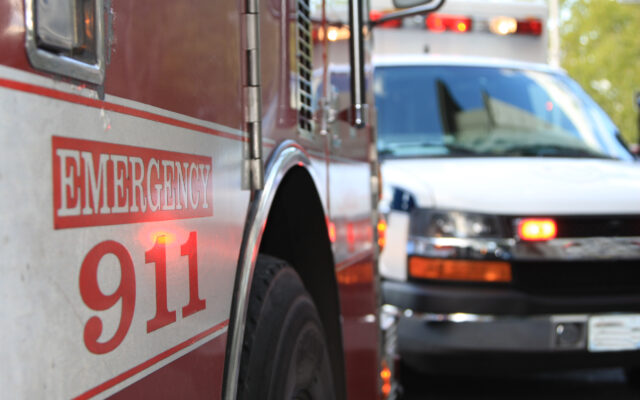Unvaccinated U.S. swimmer Michael Andrew refuses mask

Team USA swimmer Michael Andrew made headlines when he said he’d go to the Tokyo Olympics without getting vaccinated. And he gained attention again this week, not for winning, but for refusing to wear a mask while talking to reporters.
After coming in fifth place in the men’s 200-meter individual medley on Friday, Andrew exited the pool to talk to reporters in the “mixed zone,” an area where journalists interview athletes.
USA Today Sports asked Andrew why he was not wearing a mask like most of the other Team USA athletes. “For me it’s pretty hard to breathe in after kind of sacrificing my body in the water, so I feel like my health is a little more tied to being able to breathe than protecting what’s coming out of my mouth,” he said.
“I think it’s great that there’s procedures, but at the end of the day, all of us here have been under quarantine and in the same testing protocol, so there’s a level of safety (that’s) comfortable when we’re racing,” Andrew continued.
USA Today Sports says when they tweeted out the news about Andrew, the United States Olympic & Paralympic Committee replied that not wearing a mask is a violation of both their COVID mitigation protocols and those put in place by the Tokyo Olympic organizers. “We are currently reviewing this matter with the National Governing Body and will take action as needed,” the U.S. committee said, according to USA Today.
However, the organization said just hours later that Andrew “has been reminded of the Games policy and established COVID mitigation protocols,” but is allowed to be maskless during interviews, according to USA Today Sports.
CBS News has reached out to the U.S. committee for clarity on their mask policy and penalties for violating protocols, as well as a statement on the Andrew situation.
Protocols are in place at the Olympics to ensure everyone stays safe – and while masks are not mandatory in the “mixed zone,” most athletes wear masks regardless, according to the Associated Press.
Ahead of the games, the International Olympic Committee told athletes if they did not follow protocols and rules regarding COVID-19, they could receive a warning or a fine. Olympic Games Executive Director Christophe Dubi urged athletes to “respect the playbook, respect the rules,” but declined to specify financial penalties for breaking the rules, the AP reports.
Dubi said penalties would be determined by a disciplinary commission and that rules apply “before, during and after” athletes compete. “It is to reinforce the message, which is: The Playbooks are there to be followed. No transgressions,” he said.
An estimated 93,000 people, including 15,400 athletes, are at the Olympics. The protocols they needed to follow began 14 days before travel, to ensure they did not contract COVID-19 beforehand.
Once at the Olympics, athletes and officials received a COVID-19 test and quarantined for three days. “COVID-19 testing at the Games for athletes, in principle, will be daily,” according to Olympics.com.
While vaccines are not required for Olympic athletes, the IOC and the International Paralympic Committee worked with the national committees to encourage athletes and other officials to get vaccinated in their home countries before the summer games.
Face masks are not required in all areas at the Olympics, but many athletes wear them to protect themselves and others – including the reporters they talk to and fellow athletes.
In many major cities, like New York, vaccinated people may remove their masks in most situations – but unvaccinated people are urged to continue wearing masks. The Centers for Disease Control and Prevention recommends Americans wear masks regardless of vaccination status, especially as the Delta variant continues to quickly spread throughout the country.
In Tokyo, masks are not required for vaccinated or unvaccinated people, but the U.S. Embassy in Japan does note “face masks are almost universally worn in public, especially in urban areas, indoors and on public transportation.”
“U.S. citizens should be aware that failure to adhere to mask-wearing norms reflects poorly on foreign residents,” the embassy says.
Ahead of the games, the IOC expected more that 80% of those staying in the Olympic Village would be fully vaccinated.
Even as vaccines roll out around the world, COVID-19 is running rampant in many countries. Just before the start of the games, Toshiro Muto, chief of the Tokyo 2020 organizing committee, said he had not ruled out cancelling the Olympics if COVID-19 cases spiked, Reuters reports.
And even with the majority of athletes vaccinated and protocols in place, there have been dozens of COVID-19 cases linked to the Olympics since the start of the games.



